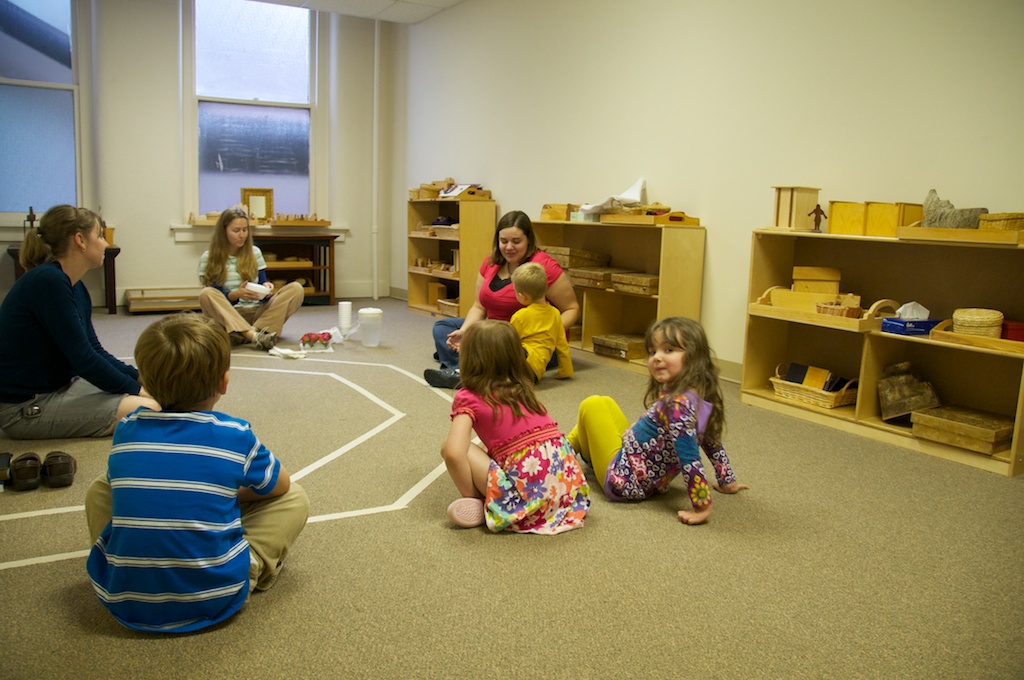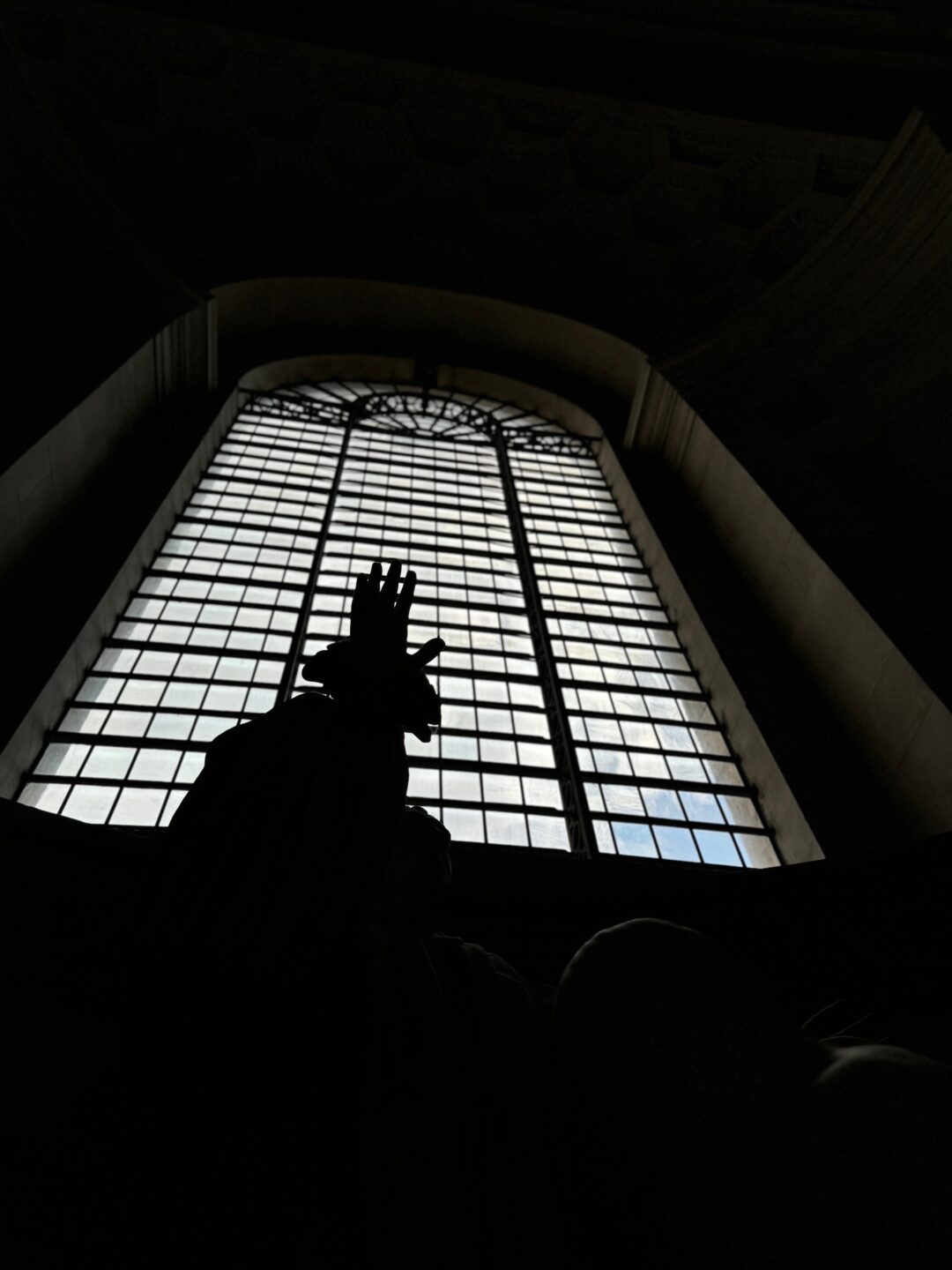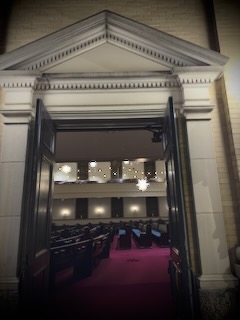March 14, 2025 (Day 9, pages 51–54)
Jesus touches the eyes of the blind man. “What do you see?”
Awakening from darkness, the man rubs his eyes. His pupils attempt to make the adjustment. The people move like trees, blurred and unsteady. He’s exhilarated. He’s confused. His healing isn’t complete. And so Jesus touches him again. The pupils continue to adjust, the dimmer grows brighter, the clarity increases. The healing continues. (Mark 8:22-25)
I wonder what happened next?
What does it look like for someone who has been ignored, ostracized, left to the margins, to step back into the world as someone being made whole? His eyes in a constant state of adjustment, clear one moment and blurred again the next. Continual regeneration of sight to inevitable tears from wounds still in need of healing. The emotional pain that surfaced as he processed years of isolation, the ways his own community, maybe even his own family, had left him unseen.
I wonder if he was aware of the healing still unfolding—not in his eyes, but in his heart.
Healing and forgiveness are two sides of the same coin. It takes time to heal from the wounds others have inflicted. Maybe even longer to heal from the wounds we’ve inflicted on ourselves—and on others.
Nadeau experiences blindness in a different way—the kind that slowly takes hold over time. A loss of wonder. A dulling of love. A heart that, little by little, stopped being able to see.
He didn’t notice when his wonder started dimming—when the world lost its enchantment, when everything around him was reduced to function. What began as chasing understanding turned into stumbling, feeling his way through a world that no longer felt alive. He had spent years trying to grasp truth, trying to make sense of his place in the world, but the more he tried to pin everything down, the less he could see.”I had unwittingly built a world in which only what I could explain was real,” he confesses.
I had unwittingly built a world in which only what I could explain was real.
Josh Nadeau, Room for Good Things to Run Wild
And then, one night, Jesus allowed him to see again.
Sitting on a rooftop in the city, looking out over the skyline, the world widened before him. The same steady voice of unconditional love—the music too often drowned out by the noise—whispered in his ear, “See it with my eyes. What do you see?”
He saw the lights stretching into the distance. He saw how small he was, how vast the world was, how he didn’t have to make sense of everything all at once.
Healing takes time. So does seeing.
We have yet to learn we can’t survive without enchantment and that the loss of it is killing us.
He is being invited to feed wonder. Invited to be startled by beauty again. Invited to notice the holiness hidden in ordinary things.
Not all at once. But slowly. A second touch. A second chance.
______________________________
I Wonder…
I wonder where I’ve let cynicism rob me of joy?
I wonder if I’ve mistaken understanding for faith?
I wonder what I’ve stopped seeing clearly?
I wonder what happens when I stop demanding answers and start receiving?
I wonder what I need to step back from so I can see with new eyes?
I wonder who I would see if I looked in the mirror and saw myself through the eyes of Jesus?
______________________________
This Reflection is Part of a Lenten Journey
This Lent, we’re making space for something deeper—reading Room for Good Things to Run Wild by Josh Nadeau. No book club, no meetings—just a daily invitation to reflect, in whatever way feels right for you.
Learn more, access the reading calendar, and join the journey here:
https://www.tbcrichmond.org/an-invitation-to-reflect-a-lenten-journey-together/
More about the book and author:
https://a.co/d/45D382Y










